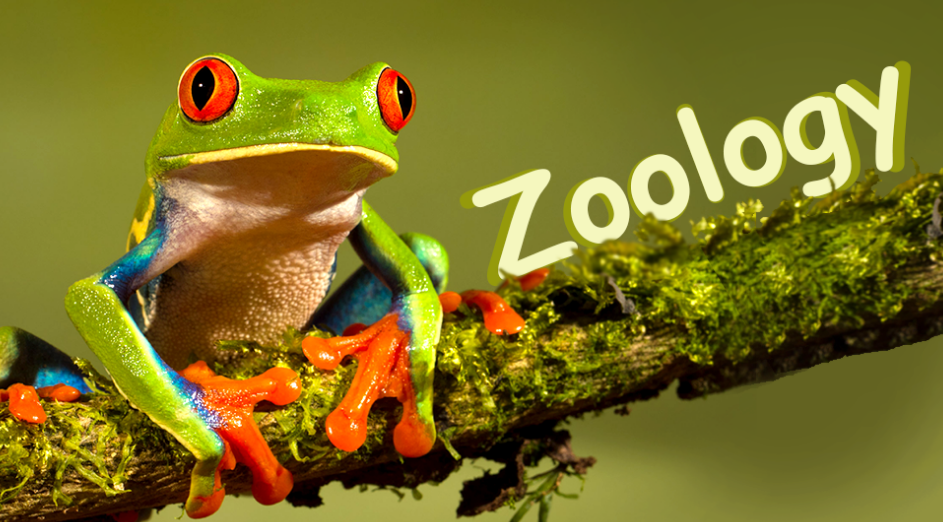1. Aristotle (384-322 BCE)
o Aristotle was one of the earliest individuals to categorize living organisms based on their physical characteristics, dividing them into groups like animals with blood and animals without blood.
2. Carl Linnaeus (1707-1778)
o Linnaeus is considered the “Father of Modern Taxonomy.”
o He developed the binomial nomenclature system and a hierarchical classification system that is still in use today.
3. Charles Darwin (1809-1882)
o Darwin’s theory of evolution by natural selection introduced the concept that species are related through common ancestry and evolve over time.
o His work shifted the focus of taxonomy from merely describing species to understanding their evolutionary relationships.
4. Modern Advances (20th and 21st Centuries)
o Advances in genetics and molecular biology have transformed taxonomy into a more precise science.
o Genetic data has allowed scientists to reclassify species and understand their relationships at a deeper level.
o Phylogenetic systematics and the development of molecular tools have led to more accurate classifications based on DNA and RNA sequences.
The Three-Domain System
• The three-domain system, developed by Carl Woese in the late 20th century, is a modern classification system that divides life into three broad domains:
o Bacteria: Single-celled prokaryotic organisms.
o Archaea: Single-celled prokaryotic organisms with distinct biochemistry and genetics from bacteria.
o Eukarya: Organisms with complex cells that contain a nucleus, including plants, animals, fungi, and protists.
Importance of Taxonomy
1. Understanding Biodiversity
o Taxonomy helps scientists catalog and understand the vast diversity of life on Earth.
o It provides a framework to identify and describe new species, ensuring they are recognized and classified properly.
2. Communication
o A standardized classification system allows scientists worldwide to communicate about organisms using a common language.
o This reduces confusion and ensures that scientific information is easily shared and compared.
3. Conservation and Ecology
o Taxonomy plays a vital role in conservation biology by identifying species that are endangered or threatened.
o Understanding the relationships between species helps ecologists study ecosystems, food webs, and the impact of human activities on biodiversity.
4. Medical and Agricultural Research
o Proper identification of species is crucial in fields like medicine, agriculture, and pest control.
o Taxonomy aids in identifying disease-causing organisms, crop pests, and beneficial species that can be used in biological control.
June 6, 2025
- A Cross-Sectional Study on the Prevalence of Salmonella inRaw Milk in Tandojam and Surrounding Areas, Pakistan
- Consequence of biotin as a nourish preservative on thedevelopment of Gallus gallus domesticus
- STUDY ON THE ISOLATION AND IDENTIFICATION OF ASCARIS LUMBRICOIDES FROM SINDH, PAKISTAN.
- IN VITRO DIGESTIBILITY OF SELECTED FORAGES IN SARGODHADISTRICT, PAKISTAN



